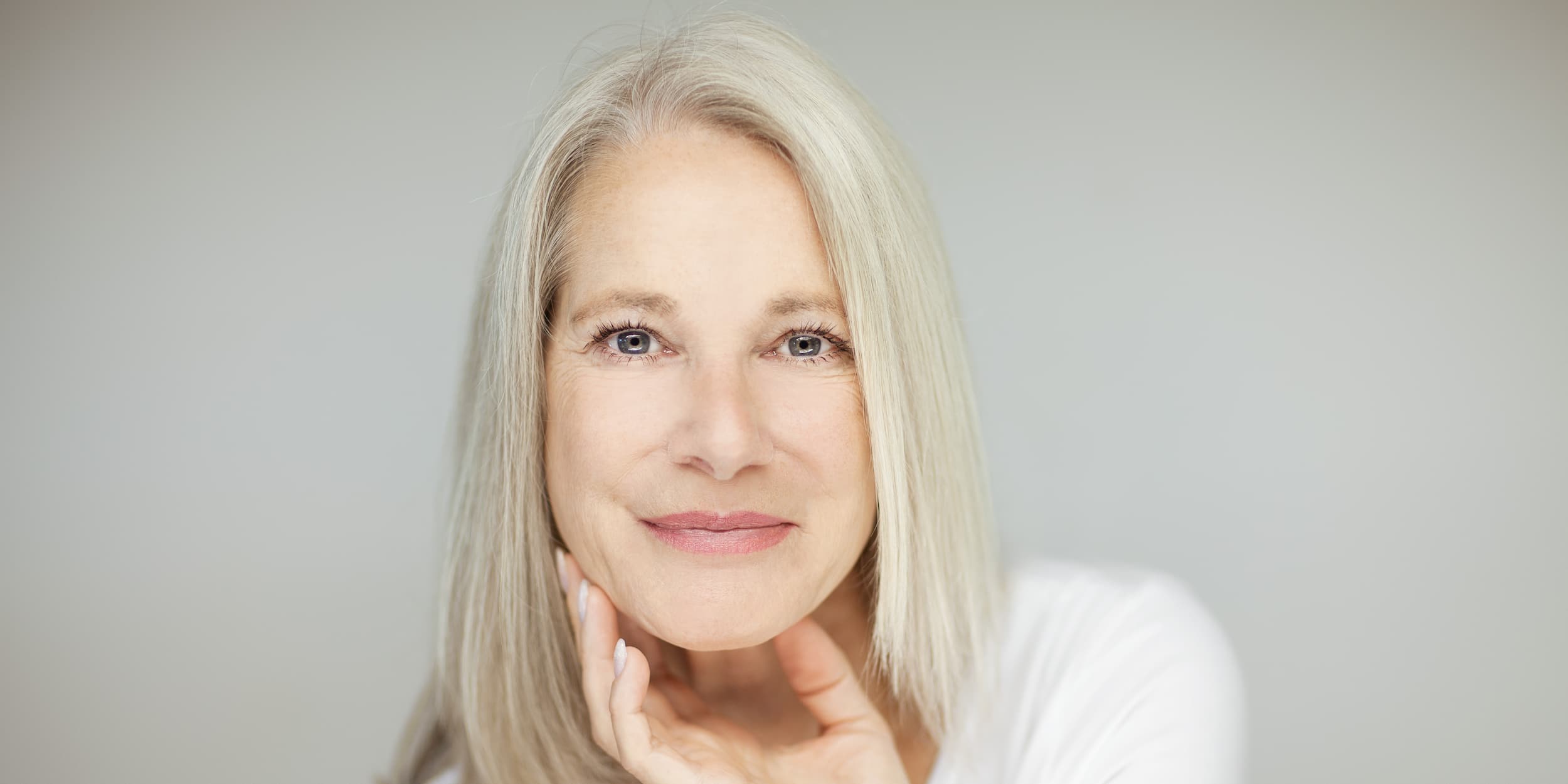Menopause is a natural part of life that all biological women will experience at some point as they grow older. During this time, the body undergoes a number of physical changes while it adapts to fluctuating levels of hormones.
With these changes come some unpleasant symptoms. Many women experience things like hot flashes, mood swings, and insomnia. Often, hair loss can occur as well.
This last symptom, hair loss, can be perhaps the worst of them all. When you’re undergoing a stressful event like menopause, the last thing anybody wants is to have to deal with losing hair as well.
Don’t worry, though. Menopause-related hair loss is treatable and even preventable to a degree. Our hair restoration center in Milan has been helping both men and women in Italy experiencing hair loss to regain both their hair and their confidence for years.
First, let’s take a look at what causes hair loss during menopause and how to manage it.
What Causes Hair Loss During Menopause?
Research has shown that hair loss during menopause is simply the result of a hormonal imbalance. Specifically, it’s caused by a decreased production of estrogen and progesterone, hormones that help hair grow faster and stay on the head for longer periods of time.
During menopause, progesterone and estrogen levels in a woman’s body will decrease. This causes hair to grow more slowly and become thinner.
On top of that, the decrease of those hormones triggers an increased production of a group of male hormones called androgens. These androgens shrink your hair follicles, and in turn cause hair loss. Sometimes they can even cause hair to grow a little more on the face.
On top of these hormonal causes, menopause is undoubtedly a stressful period in somebody’s life. Stress can cause hair loss, and so can illnesses, which are more frequent during menopause.
It’s important to note that these menopause-related hair loss issues aren’t usually permanent.
Steps to Manage Hair Loss During Menopause:
Reduce Stress
Keeping your stress levels in check can help prevent or reduce hormonal imbalance. Reduced estrogen can affect your brain chemistry and cause mood swings, heightened anxiety, depression, and more.
There are a lot of ways to reduce stress. Yoga and meditation are a great step, including breathing and relaxation exercises. Taking time for yourself to relax for a set amount of time and regular exercise can also greatly help.
Move!
Not only can regular exercise help manage stress, but it also promotes a healthy lifestyle that will help you feel stronger and happier. Exercise is also a great way to fight off some of the other symptoms of menopause like mood swings, weight gain, and insomnia.
Regular exercise can help prevent hormonal imbalances that lead to hair loss, so it’s a great idea to make it a part of your daily routine.
Eat Well
A balanced, low-fat diet is your best defense against hair loss. That means including an adequate amount of fruits, vegetables, and whole grains into every meal.
Also look into incorporating mono-saturated oils like olive oil and sesame oil into your diet. Green tea and vitamin B6 and folic acid supplements will also directly help you combat hair loss and promote growth.
The following foods contain essential fatty acids that will help you maintain and grow your hair as well:
- Salmon
- Tuna
- Flaxseed oil
- Walnuts
- Almonds
Hydrate as Much as Possible!
Your body is mostly water and it needs a LOT of water to stay healthy. Hair is part of your body, so it goes to follow that your hair needs hydration too!
That means drink more water. Avoid soda, juices, and other flavored drinks, especially if they contain sugar. More water, less other stuff!
Talk to Your Doctor
One bright spot about menopause is that every other biological woman has experienced it or will experience it, for the most part. That means a lot of research has been done on its causes, its effects, and how to help deal with those effects.
Medical professionals like doctors, nurses, and women’s care specialists have a lot of knowledge and understanding about menopause, so it’s always a good idea to speak to one that you trust for the best advice on how to get through menopause.
For the best advice on how to fight hair loss during menopause, contact our hair restoration center in Milan and speak to one of our on-staff medical professionals. Menopause doesn’t have to get between you and looking your best!
Thank you for checking out this post. Starks currently provides age management solutions from clinics located in France and Italy. Please click below to find out more about the hair restoration services we offer to our global clientele:
France:
Greffe De Cheveux
Italy:
Trapianto Di Capelli




